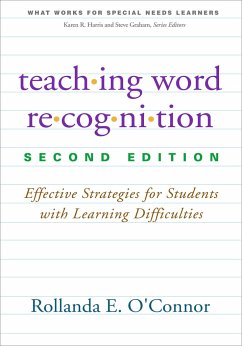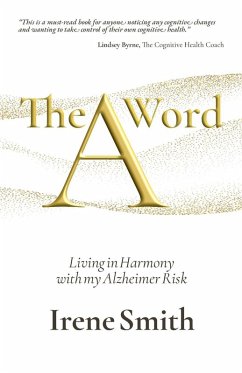
Action Meets Word
How Children Learn Verbs
Herausgeber: Hirsh-Pasek, Kathy; Golinkoff, Roberta Michnick
Versandkostenfrei!
Versandfertig in 1-2 Wochen
103,99 €
inkl. MwSt.
Weitere Ausgaben:

PAYBACK Punkte
52 °P sammeln!
Words are the building blocks of language. An understanding of how words are learned is thus central to any theory of language acquisition. Although there has been a surge in our understanding of children's vocabulary growth, theories of word learning focus primarily on object nouns. Word learning theories must explain not only the learning of object nouns, but also the learning of other, major classes of words - verbs and adjectives. Verbs form the hub of the sentence becausethey determine the sentence's argument structure. Researchers throughout the world recognize how our understanding of l...
Words are the building blocks of language. An understanding of how words are learned is thus central to any theory of language acquisition. Although there has been a surge in our understanding of children's vocabulary growth, theories of word learning focus primarily on object nouns. Word learning theories must explain not only the learning of object nouns, but also the learning of other, major classes of words - verbs and adjectives. Verbs form the hub of the sentence because
they determine the sentence's argument structure. Researchers throughout the world recognize how our understanding of language acquisition can be at best partial if we cannot comprehend how verbs are learned. This volume enters the relatively uncharted waters of early verb learning, focusing on the
universal, conceptual foundations for verb learning, and how these foundations intersect with the burgeoning language system.
they determine the sentence's argument structure. Researchers throughout the world recognize how our understanding of language acquisition can be at best partial if we cannot comprehend how verbs are learned. This volume enters the relatively uncharted waters of early verb learning, focusing on the
universal, conceptual foundations for verb learning, and how these foundations intersect with the burgeoning language system.













